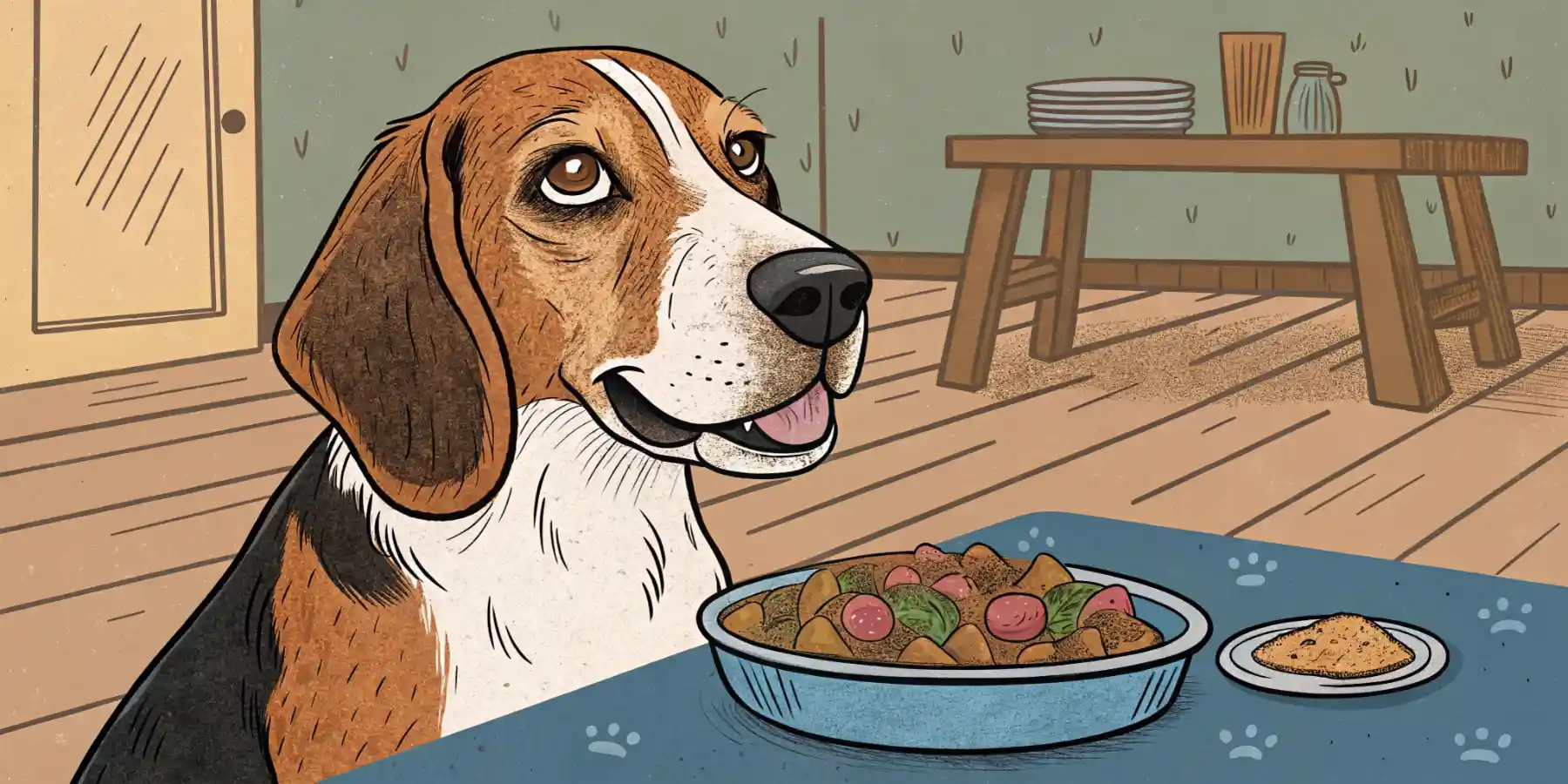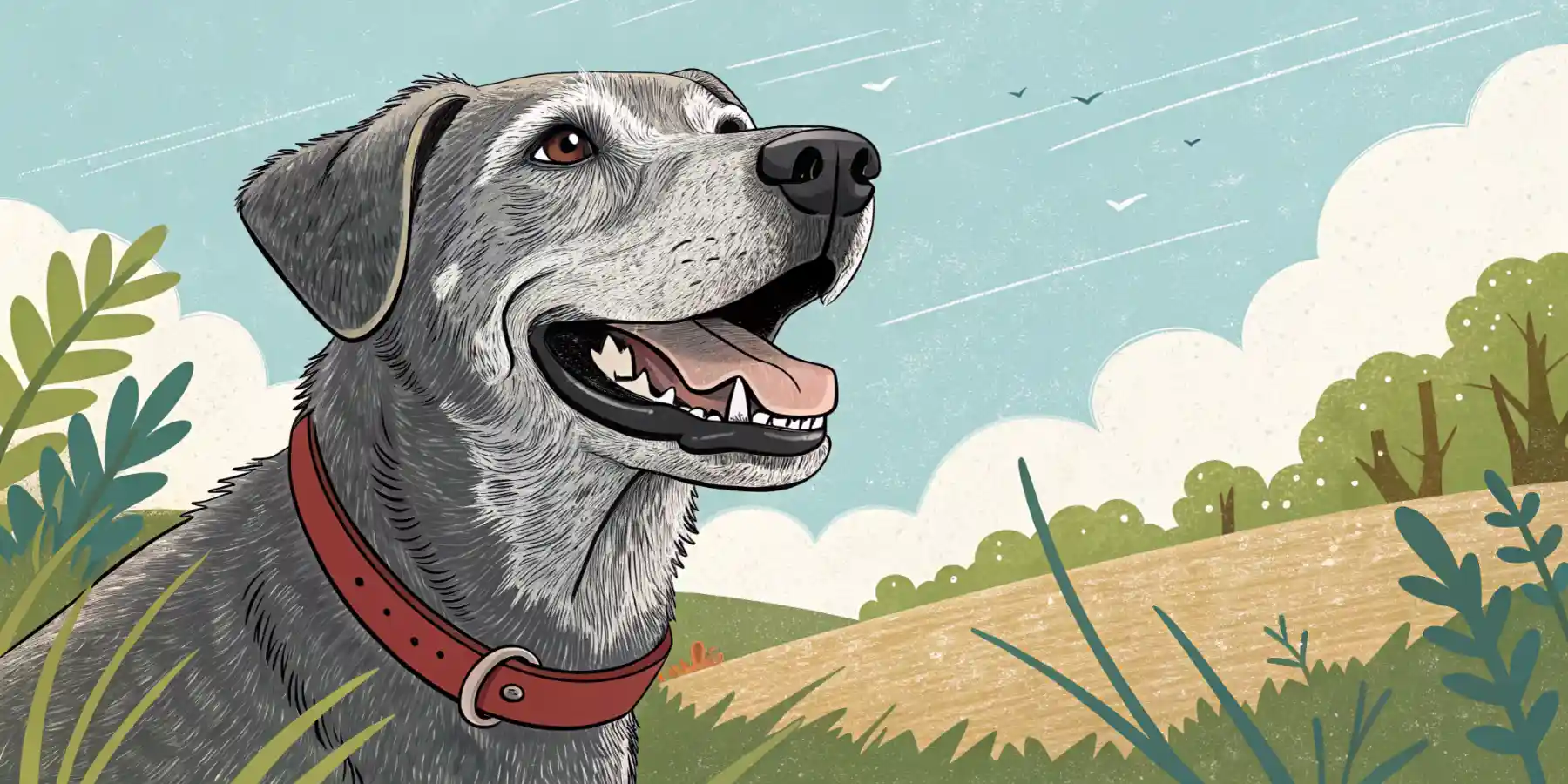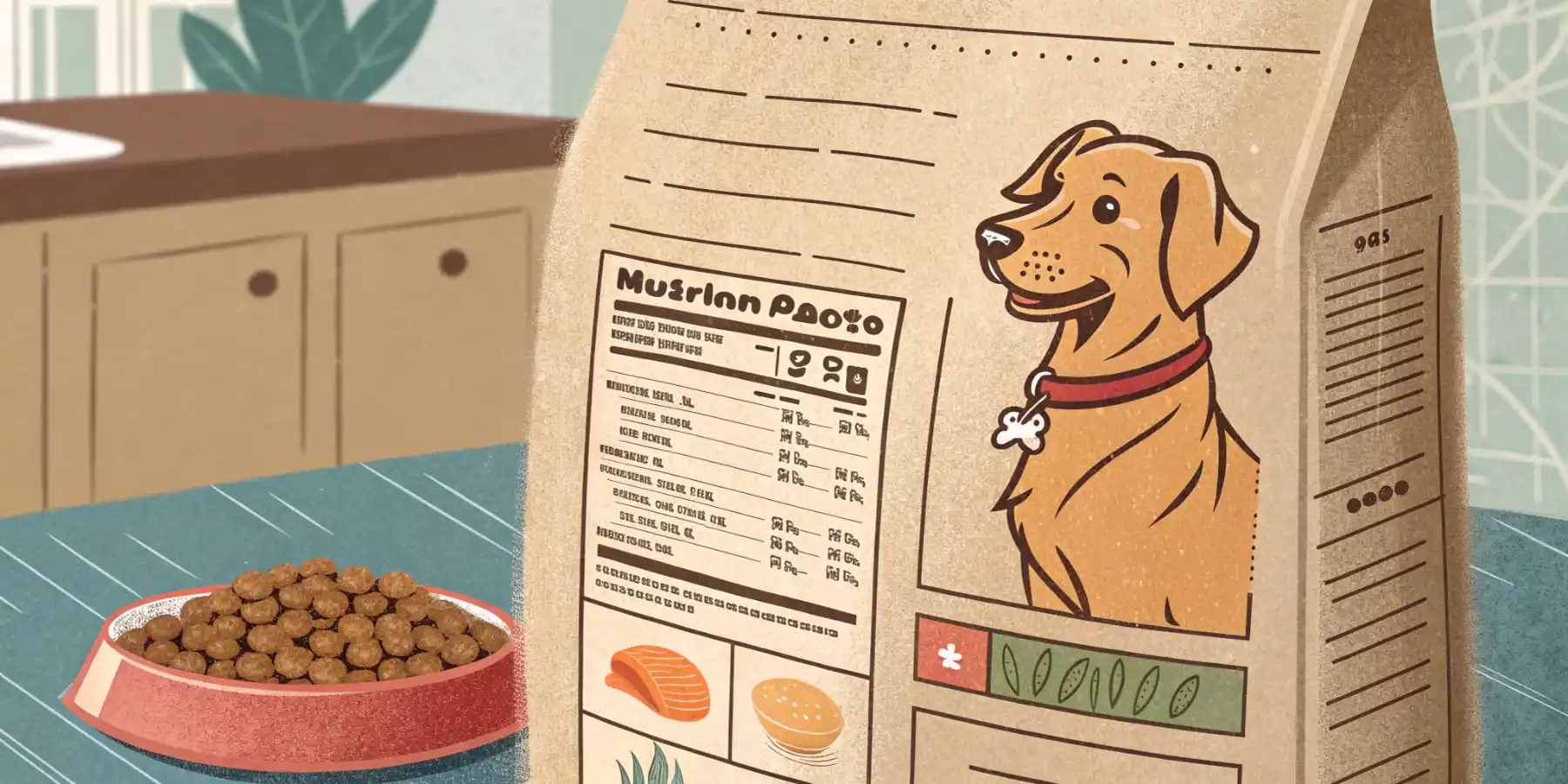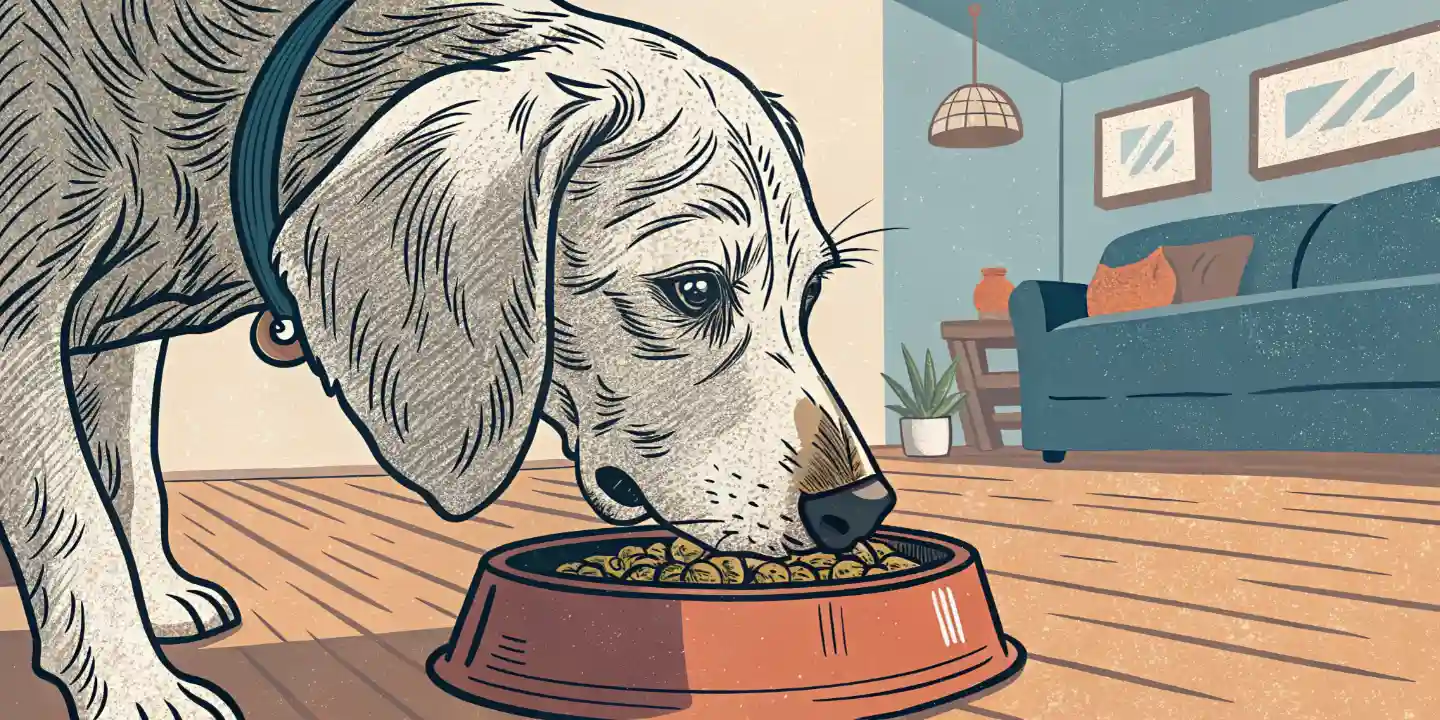
Senior Dog Nutrition: Diet Changes for Health
Is your *senior dog* slowing down? Learn how diet changes can boost their health & happiness! Vital *dog nutrition* tips inside!
Senior Dog Nutrition: Adjusting Diet for Changing Metabolisms and Health Needs
As our canine companions gracefully age, their nutritional requirements evolve. Just like us, senior dogs experience changes in metabolism, activity levels, and overall health, making tailored nutrition crucial for their well-being. Understanding these shifts and adapting their diet accordingly can significantly improve their quality of life during their golden years. So, let’s dive into the world of senior dog nutrition and explore how to keep your furry friend happy and healthy.
Understanding the Senior Dog
What exactly defines a “senior dog?” While the exact age varies depending on breed and size, generally, dogs are considered senior around 7-10 years old. Larger breeds tend to age faster than smaller breeds. Keep in mind that age is just a number! Some seniors remain incredibly active and playful, while others slow down considerably. It’s crucial to observe your dog’s individual behavior and health status to determine their specific needs.
Key Physiological Changes in Senior Dogs:
- Slower Metabolism: As dogs age, their metabolic rate tends to decrease. This means they require fewer calories to maintain a healthy weight.
- Reduced Muscle Mass: Sarcopenia, or age-related muscle loss, is common in senior dogs. This loss of muscle mass can lead to decreased strength and mobility.
- Decreased Activity Levels: Many senior dogs become less active, contributing to weight gain if their diet isn’t adjusted.
- Dental Issues: Dental problems, such as tartar buildup and gum disease, can make chewing painful and difficult, impacting their ability to eat properly.
- Organ Function Decline: Kidneys, liver, and heart function may decline with age, requiring dietary adjustments to support these organs.
- Joint Problems: Arthritis and other joint issues are common in senior dogs, leading to pain and reduced mobility.
 A smiling senior dog enjoying the sunshine, showcasing the vitality we aim to preserve through proper nutrition.
A smiling senior dog enjoying the sunshine, showcasing the vitality we aim to preserve through proper nutrition.
Why Senior Dog Food Matters: Addressing Specific Nutritional Needs
You might be wondering, “Can’t I just feed my senior dog the same food they’ve always eaten?” The answer is generally no. Commercial senior dog food formulas are specifically designed to address the unique challenges faced by older dogs.
Here’s why senior dog food is important:
- Lower Calorie Content: To prevent weight gain due to a slower metabolism and decreased activity levels.
- Higher Fiber Content: To promote digestive health and prevent constipation, a common issue in senior dogs. Often, senior dog food with added fiber is recommended.
- Adjusted Protein Levels: While seniors still need protein, the focus shifts to highly digestible protein sources to support muscle mass without putting excessive strain on the kidneys. It’s a myth that senior dogs need significantly less protein; it’s the quality that matters.
- Increased Levels of Omega-3 Fatty Acids: To support joint health, reduce inflammation, and improve cognitive function.
- Added Antioxidants: To combat cellular damage caused by free radicals and support overall immune function.
- Glucosamine and Chondroitin: To promote joint health and reduce pain associated with arthritis.
Choosing the Right Senior Dog Food: What to Look For on the Label
Selecting the best food for your senior companion can feel overwhelming. Here’s a breakdown of what to look for on the label:
- “Complete and Balanced” Statement: Ensure the food is formulated to meet the nutritional levels established by the Association of American Feed Control Officials (AAFCO) for senior dogs.
- High-Quality Protein Source: Look for named meat sources like chicken, beef, or fish as the first ingredient. Avoid foods that list corn, wheat, or soy as primary ingredients.
- Fiber Content: Check the fiber content and look for sources like beet pulp, brown rice, or pumpkin.
- Omega-3 Fatty Acids: Look for ingredients like fish oil or flaxseed.
- Joint Support: Ensure the food contains glucosamine and chondroitin. Look for senior dog food with glucosamine and chondroitin on the label!
- Avoid Artificial Additives: Choose foods that are free from artificial colors, flavors, and preservatives.
My Personal Recommendation: I believe that consulting with your veterinarian is the best approach to determine the ideal food for your senior dog. They can assess your dog’s individual health needs and recommend a specific brand or formula. In my experience, a personalized approach yields the best results.
 An informative image showcasing the key nutritional information to look for on a senior dog food label, including protein sources and added supplements.
An informative image showcasing the key nutritional information to look for on a senior dog food label, including protein sources and added supplements.
Beyond the Kibble: Supplements and Special Considerations
While a high-quality senior dog food provides a solid foundation, supplements and other dietary adjustments may be necessary to address specific health concerns.
- Joint Supplements: If your dog suffers from arthritis, additional glucosamine, chondroitin, MSM, or omega-3 fatty acid supplements can provide significant relief.
- Digestive Enzymes: For dogs with digestive issues, digestive enzyme supplements can aid in breaking down food and improving nutrient absorption.
- Probiotics: To support gut health and boost the immune system.
- Wet Food: If your dog has dental problems or difficulty chewing, switching to wet food can make mealtimes more enjoyable and less painful. You can even soak dry kibble in warm water to soften it.
- Homemade Treats: Opt for healthy, homemade treats over commercially produced ones. Carrots, blueberries, and sweet potatoes are great options. Just be mindful of the calorie content!
Feeding Strategies for Senior Dogs: Making Mealtime Easier
Adjusting your feeding strategies can also make a big difference in your senior dog’s comfort and well-being.
- Smaller, More Frequent Meals: Instead of one or two large meals, consider feeding your dog smaller meals throughout the day. This can be easier on their digestive system and prevent bloating.
- Elevated Food Bowls: For dogs with arthritis or mobility issues, raising the food bowl can reduce strain on their neck and joints.
- Provide Fresh Water: Always ensure your dog has access to fresh, clean water. Dehydration can exacerbate many health problems in senior dogs.
- Monitor Weight Regularly: Weigh your dog regularly to ensure they are maintaining a healthy weight. Adjust their food intake as needed based on their weight and body condition.
- Make Mealtime Relaxing: Choose a quiet, comfortable location for your dog to eat, free from distractions. Avoid rushing them during mealtimes.
Imagine your beloved Golden Retriever, Buddy, starting to slow down. He’s always been an enthusiastic eater, but now he seems less interested in his food. He also has a bit of a limp in his hind legs. By switching him to a senior-specific food with added glucosamine and providing smaller, more frequent meals, you can help him regain his appetite and ease his joint pain. This simple dietary adjustment can significantly improve his quality of life.
 An image of a senior dog comfortably eating from an elevated food bowl, highlighting the benefit of this adaptation.
An image of a senior dog comfortably eating from an elevated food bowl, highlighting the benefit of this adaptation.
The Importance of Veterinary Consultation: A Personalized Approach
While this guide provides general information, it’s crucial to consult with your veterinarian for personalized recommendations. They can assess your dog’s specific health needs and develop a tailored nutritional plan. Talk to your vet about senior dog nutritional needs to get the best advice!
By understanding the changing nutritional requirements of senior dogs and making appropriate dietary adjustments, you can help your furry friend live a longer, healthier, and happier life. Remember, every dog is an individual, and a personalized approach is key. So, work closely with your veterinarian to create a nutritional plan that meets your senior dog’s unique needs and allows them to enjoy their golden years to the fullest!


